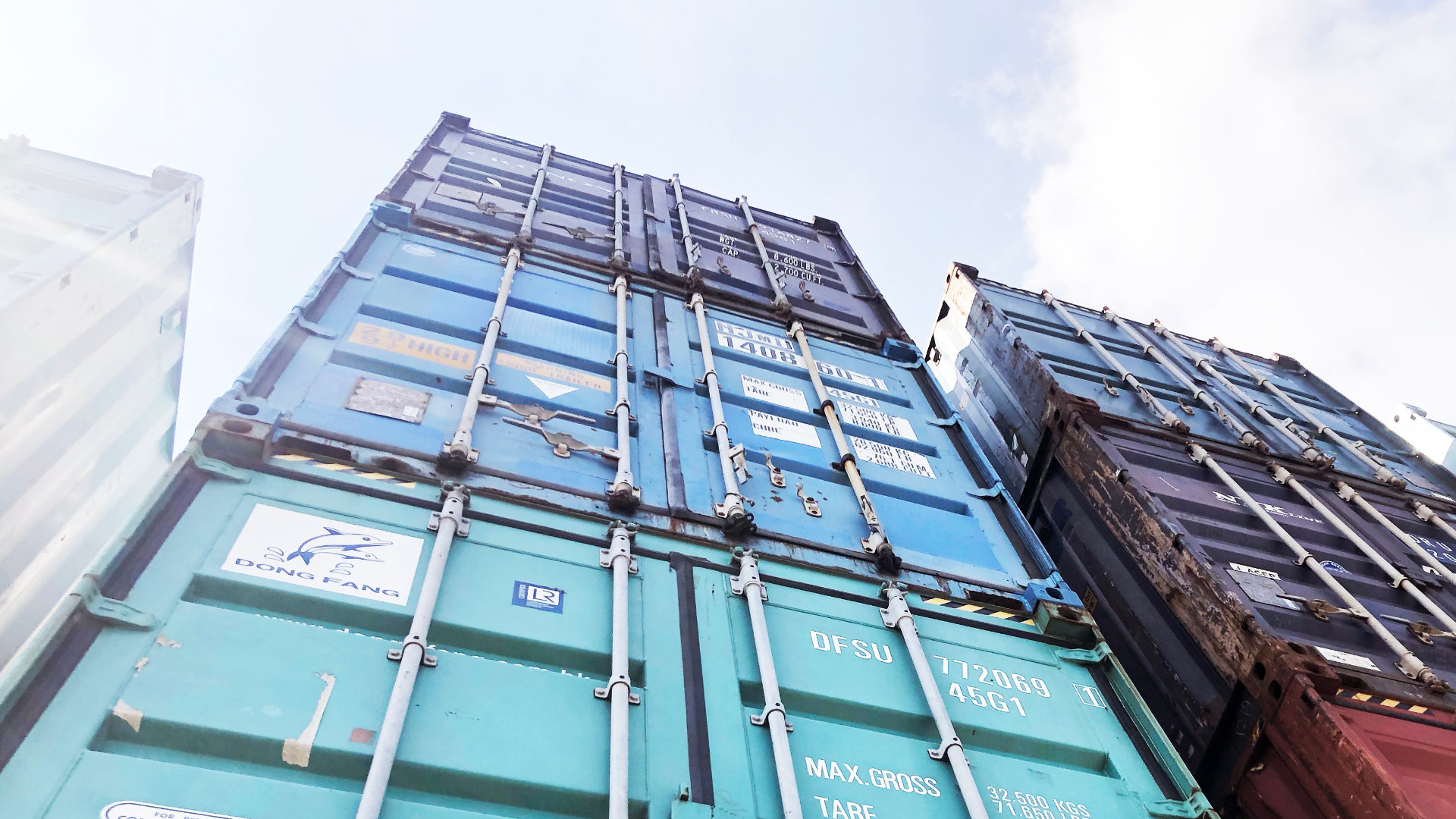
How InterlogEuropa Paper Trading Utilizes Non-Operating Reefer Containers for Efficient Distribution
Introduction
The distribution of fresh produce presents significant logistical challenges, especially in balancing import and export demands. In this context, InterlogEuropa, a leading paper trading company, has embraced an innovative strategy by utilizing Non-Operating Reefer (NOR) containers. In this article, we will explore how InterlogEuropa has leveraged this opportunity to balance the distribution of reefer containers and optimize fresh produce logistics.
The Logistics Challenge of Fresh Produce Distribution
The paper and pulp industry experiences high demand for exporting and importing fresh produce, leading to complex and costly logistics. The imbalance in reefer container distribution often results in empty or partially loaded returns, causing inefficiencies and higher transportation costs.
InterlogEuropa: Innovation in Fresh Produce Distribution
- Identifying Opportunities: InterlogEuropa recognized the potential of using non-operating reefer containers to address the logistics imbalance. Through detailed analysis, they identified key routes and regions with unbalanced import and export needs.
- Strategic Storage: The company implemented a strategic storage system at key points, where non-operating reefer containers are transformed into dry containers, storing non-perishable and canned goods. This prevents containers from returning empty and keeps them ready for reuse.
- Intelligent Redeployment: InterlogEuropa has utilized these stored non-operating reefer containers to redistribute and rebalance their distribution. Containers are redirected to points of origin where they are needed to export fresh produce, optimizing the cold chain and improving logistics efficiency.
Benefits and Advantages for InterlogEuropa
- Resource Optimization: InterlogEuropa’s strategy optimizes the use of logistical resources, maximizing container loads and reducing empty returns, resulting in cost-effective logistics.
- Sustainable Growth: By minimizing empty container trips, the company demonstrates a commitment to sustainable business practices and a reduced environmental footprint.
- Business Growth: Efficient and reliable fresh produce distribution gives InterlogEuropa a competitive edge, attracting new customers and strengthening its position in the industry.
Conclusion
InterlogEuropa, as a leading paper trading company, has displayed strategic vision by utilizing non-operating reefer containers to balance fresh produce distribution. Their innovative approach to reefer container logistics has optimized resources, driven sustainable growth, and solidified their position as an industry leader. By seizing this opportunity, InterlogEuropa continues to showcase its commitment to logistics efficiency and its ability to adapt and overcome fresh produce distribution challenges on an international scale.

